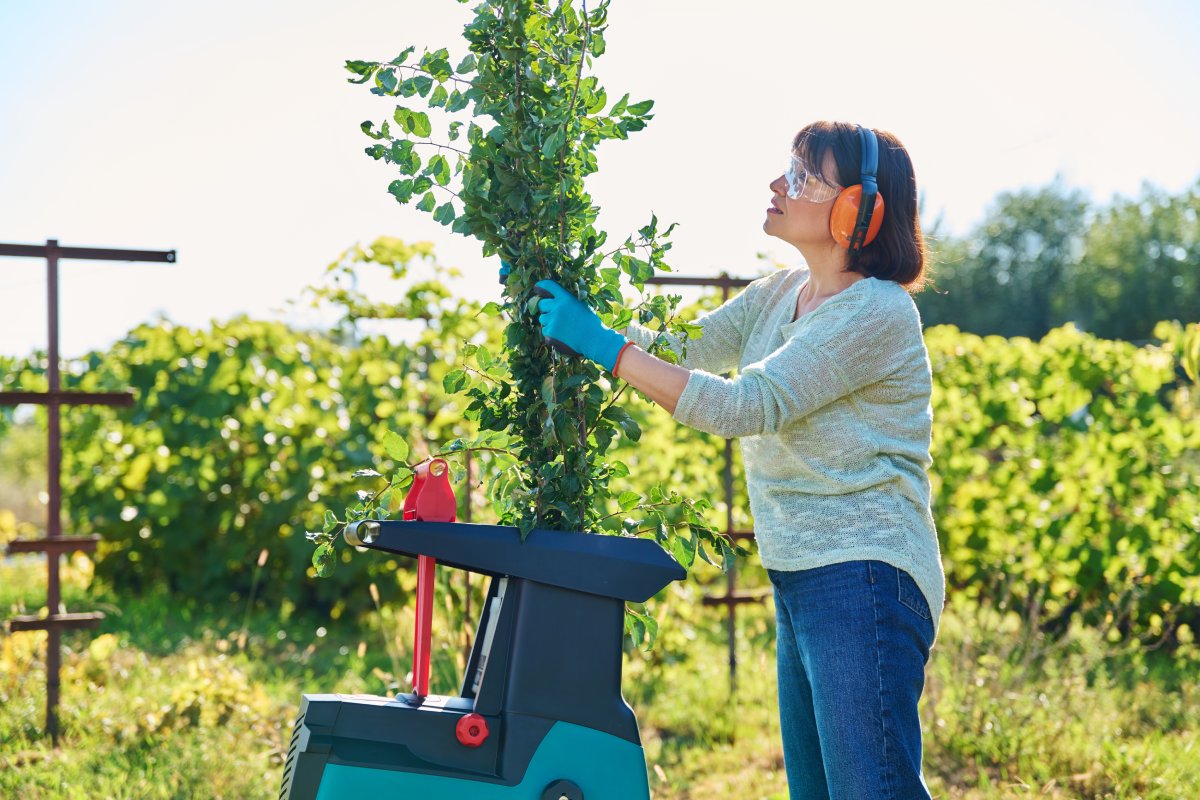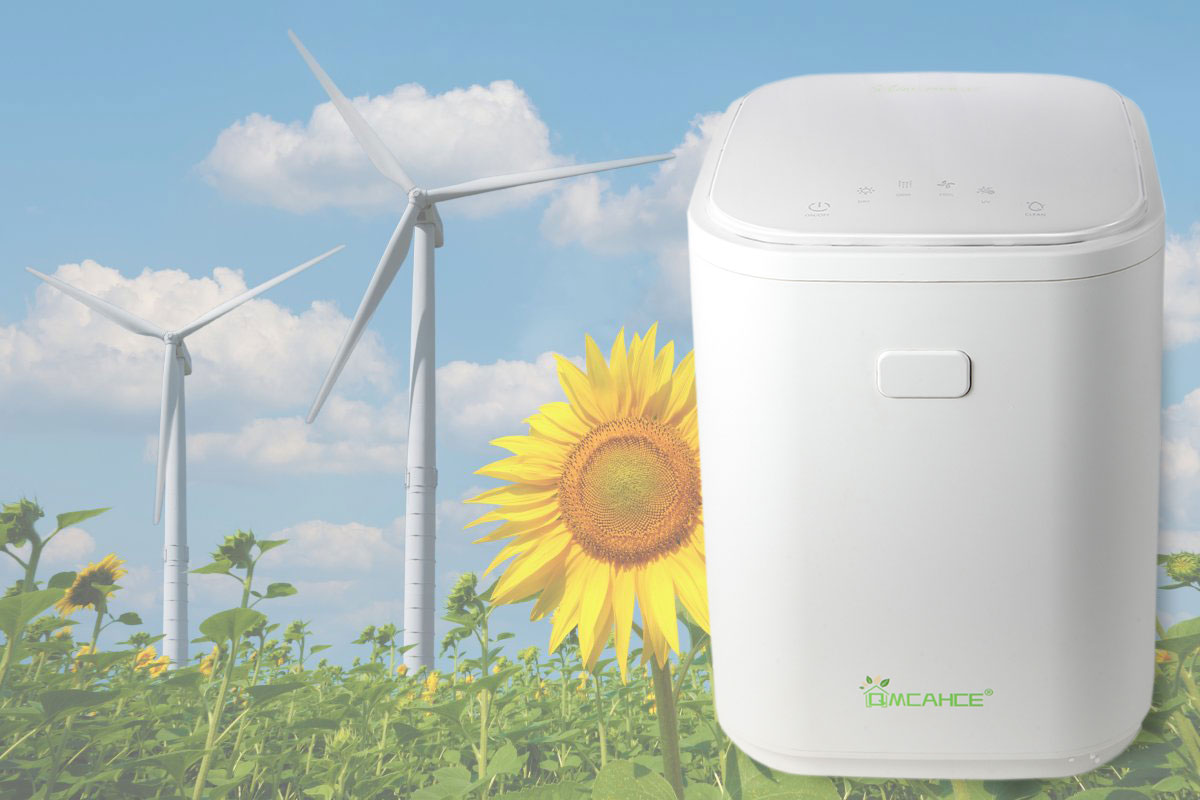Are electric composters really sustainable?
Traditional garden composter manufacturers will argue that electric composters are not sustainable. This is an unfair statement. The fact is, using an electric composter to reduce the amount of food waste that your household produces is far more sustainable than not bothering and simply throwing your food waste into the garbage to be sent off to a landfill.
Yes, electric composters require a certain amount of electricity to complete a full cycle (the amount of which we will cover shortly), and yes, technically speaking, traditional composting methods produce true compost (although the methods take significantly longer), however, it’s important to remember that not every household has a garden space large enough to accommodate a traditional composter. For people who live in a condo with only a small balcony for example, an electric composter is the only (and thus most sustainable) method of composting available.

How much electricity do electric composters use?

You might think that using an electric composter is counterproductive as it requires electricity to operate (which can’t be green, right?) Well, the good news is that comparatively speaking, an electric composter uses very little electricity. That, and when you compare that energy usage to the number of greenhouse gases that can be cut via composting (which we will cover shortly), the trade-off is entirely worth it.
The amount of electricity required to power an electric composter will vary from one model to the next. However, on average, you can expect a typical electric composter to consume anywhere between 1 and 1.5 kWh for a single cycle (not so dissimilar to a meal in a slow cooker).
On the whole, electric composters are very eco-friendly and require little power to break down your food waste into a useful bi-product that can feed your house plants and keep them happy and healthy.

